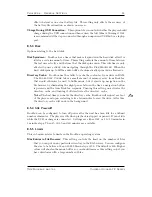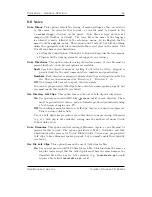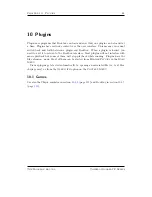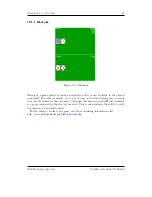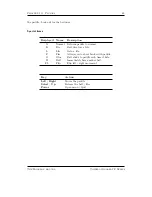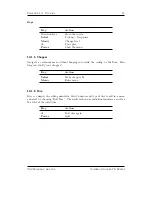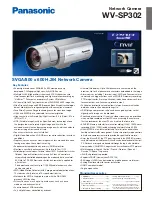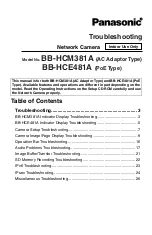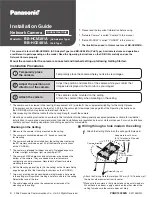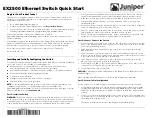
Chapter 8.
General Settings
57
Scroll Speed:
Sets how many times per second the automatic horizontal scrolling
text will move a step.
Scroll Start Delay:
Controls how many milliseconds Rockbox should wait before
a new text begins automatically scrolling.
Scroll Step Size:
Defines the number of pixels the text should move for each step,
as used by the Scroll Speed setting.
Bidirectional Scroll Limit:
Rockbox has two different automatic horizontal scrolling
methods: 1) always scrolling the text to the left until the line has ended and
then beginning again at the start, and 2) moving to the left until you can
read the end of the line and then scrolling right until you see the beginning
again. Rockbox chooses which method it should use depending of how much
it has to scroll to the left. This setting lets you tell Rockbox where that limit
is, expressed in percentage of the line length.
Screen Scrolls Out of View:
Screens can be manually scrolled horizontally by
pressing
Long
Right
/
Left
. Setting this option to
Yes
will keep the list
entries at their fixed positions and allow them to be scrolled out of view,
whereas
No
will only scroll those entries which surpass the right margin.
Screen Scroll Step Size:
Defines the number of pixels the horizontal manual screen
scroll should move for each step.
Paged Scrolling:
When set to
Yes
scrolling vertically on pages that surpass the
screen size will page up/down instead of simply changing lines. This can be
useful on slow displays.
Status/Scrollbar:
Settings related to on screen status display and the scrollbar.
Scroll Bar:
Enables or disables the scroll bar at the left.
Status Bar:
Enables or disables the status bar at the upper side.
Volume Display:
Controls whether the volume is displayed as a graphic or a nu-
meric value on the Status Bar. If you select a numeric display, volume is
displayed in decibels. See section
6.1
(page
42
) for more on the volume set-
ting.
Battery Display:
Controls whether the battery charge status is displayed as a
graphic or numerical percentage value on the Status Bar.
Peak Meter:
The peak meter can be configured with a number of parameters.
Peak Release:
This determines how fast the bar shrinks when the music becomes
softer. Lower values make the peak meter look smoother. Expressed in scale
units per 10ms.
Peak Hold Time:
Specifies the time after which the peak indicator will reset. For
example, if you set this value to 5s, the peak indicator displays the loudest
volume value that occurred within the last 5 seconds. Larger values are useful
if you want to find the peak level of a song, which might be of interest when
copying music from the player via the analogue output to some other recording
device.
The Rockbox manual
Toshiba Gigabeat F Series

















